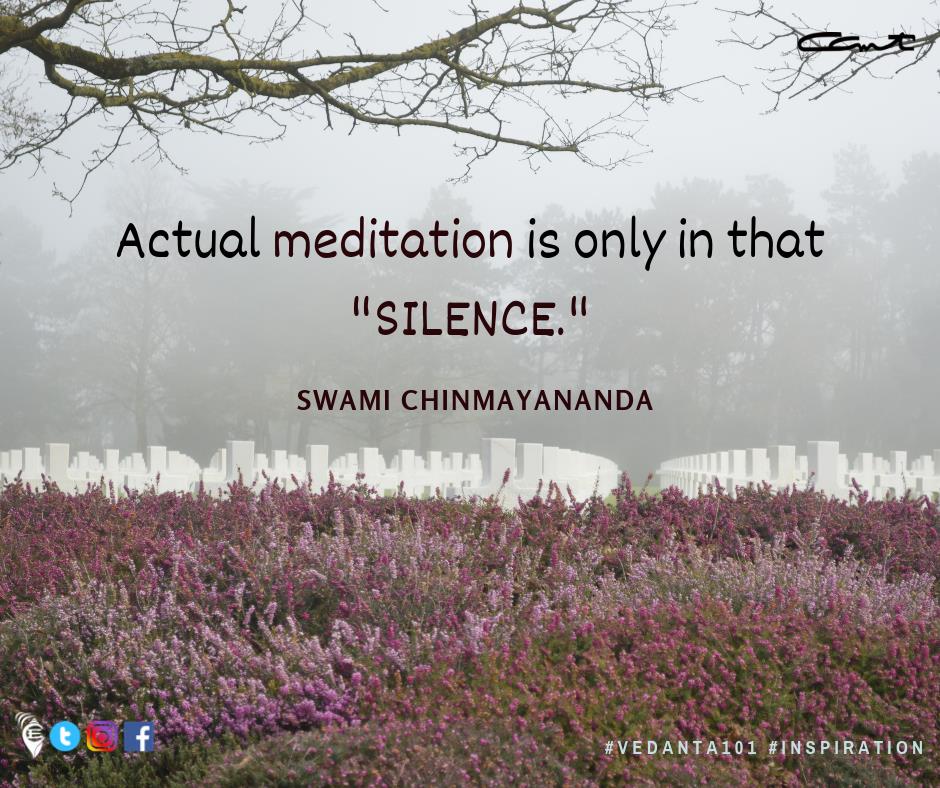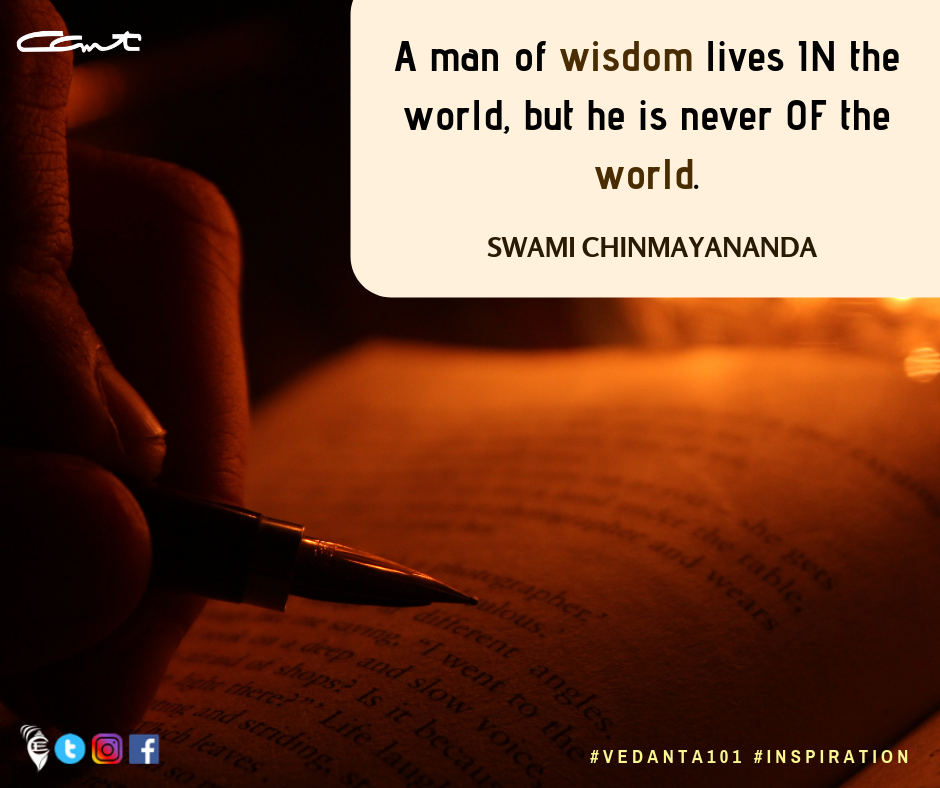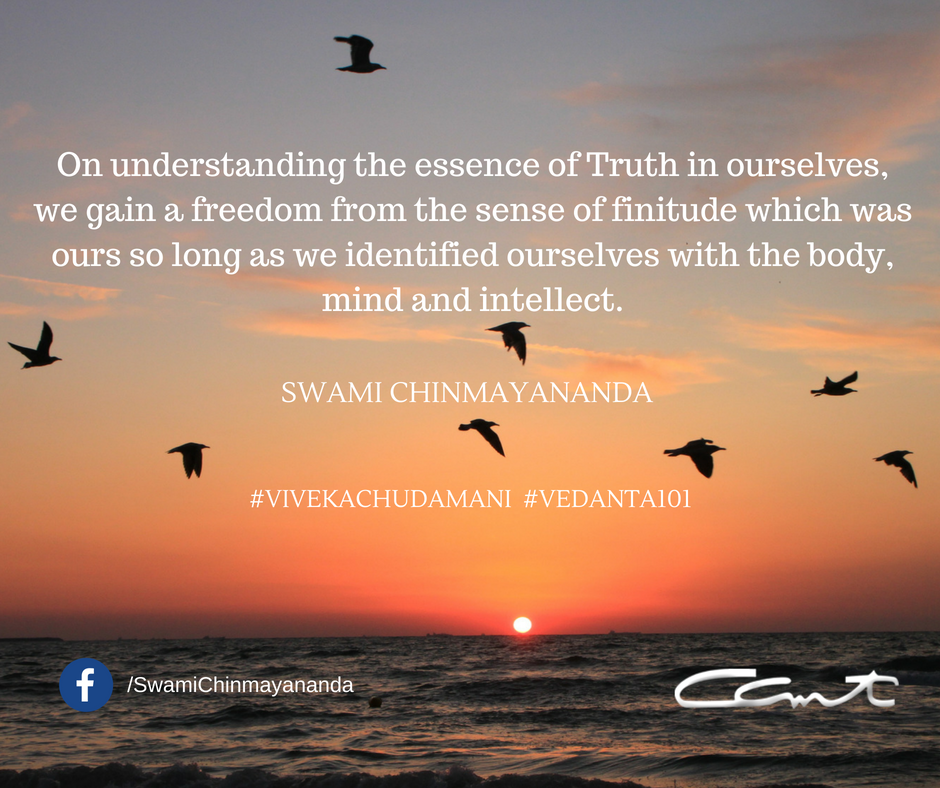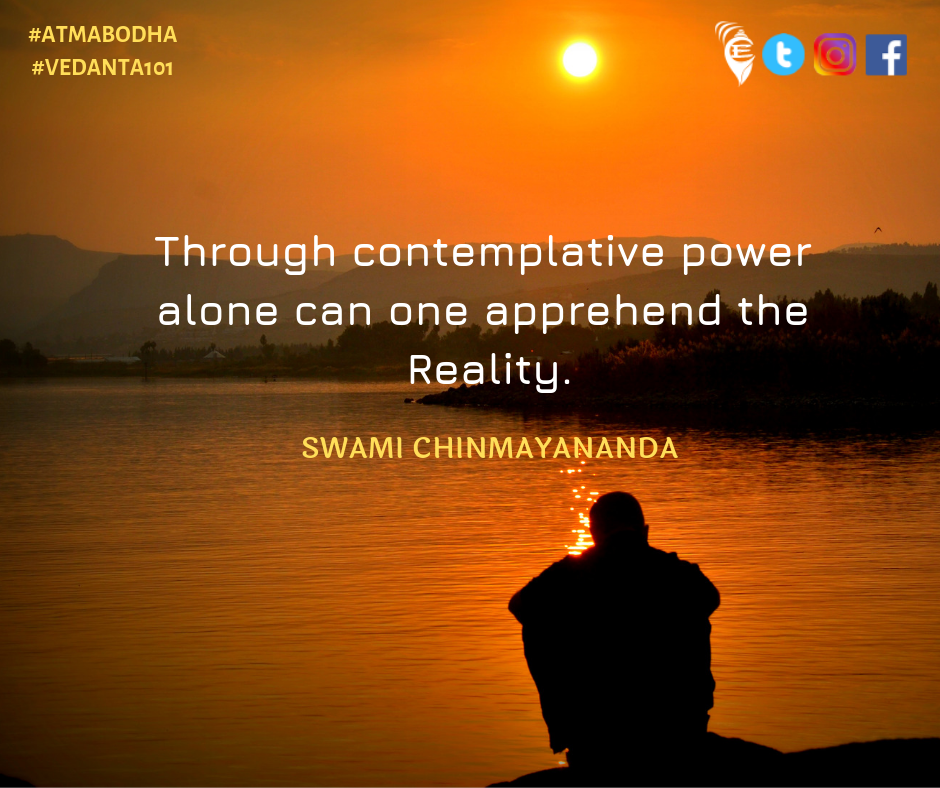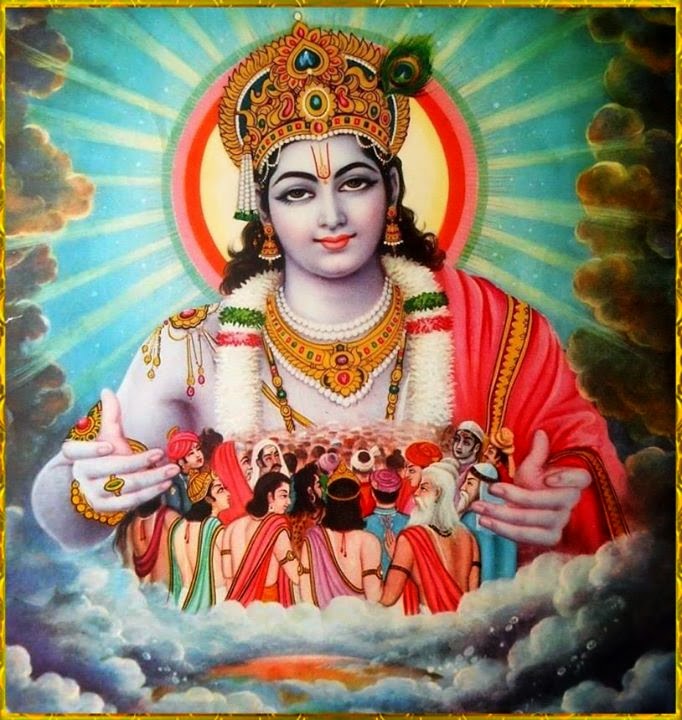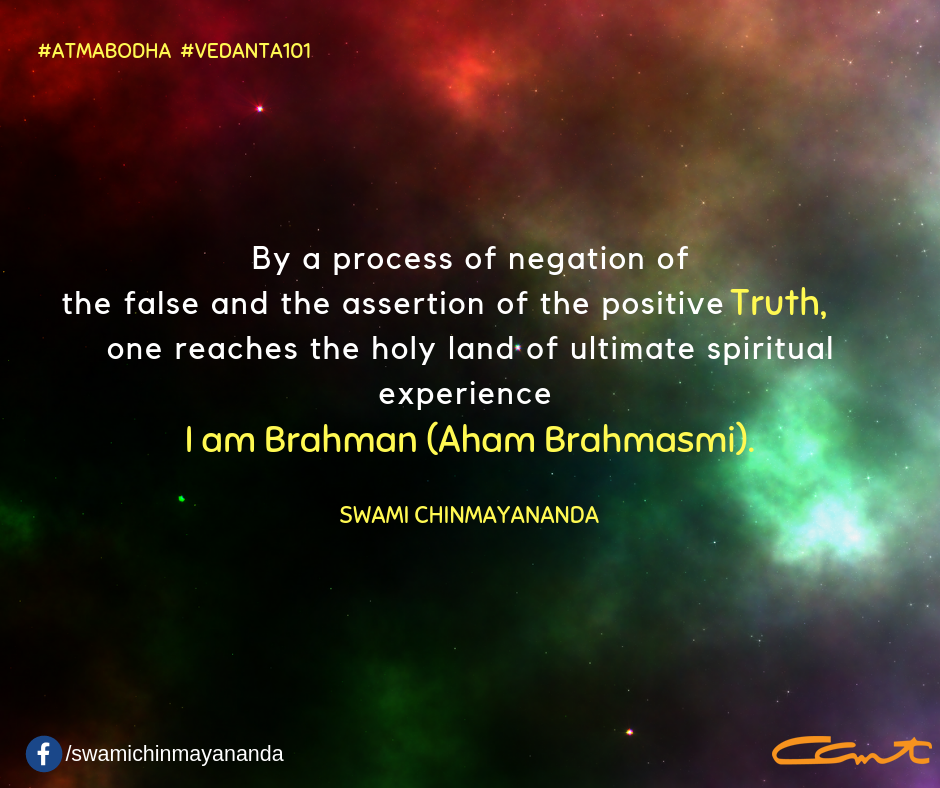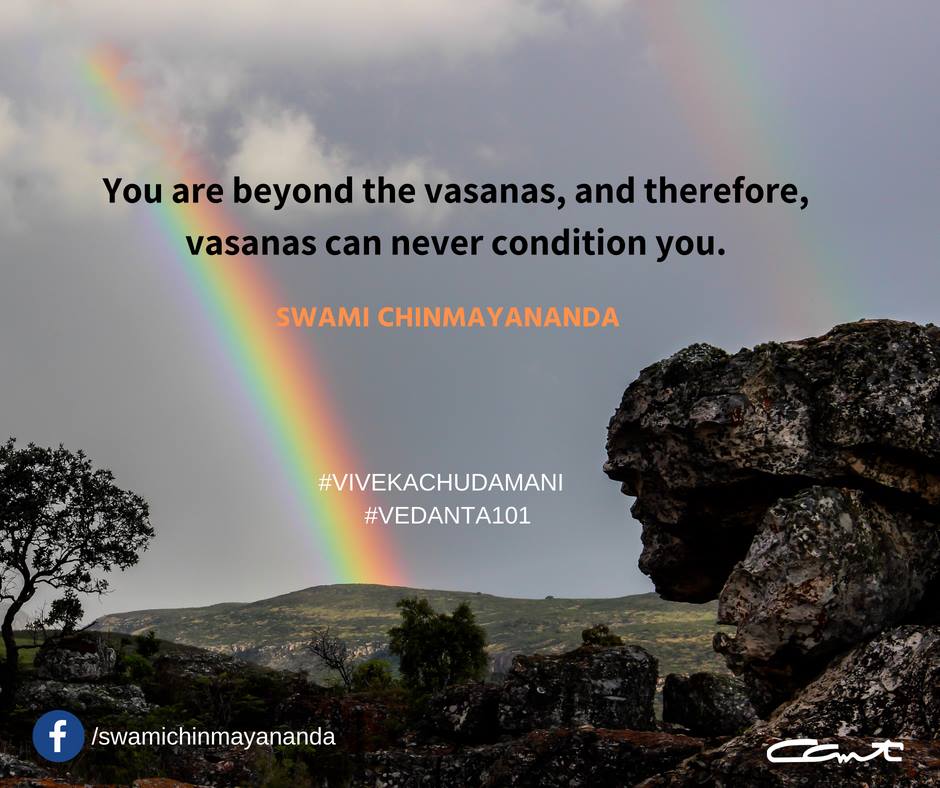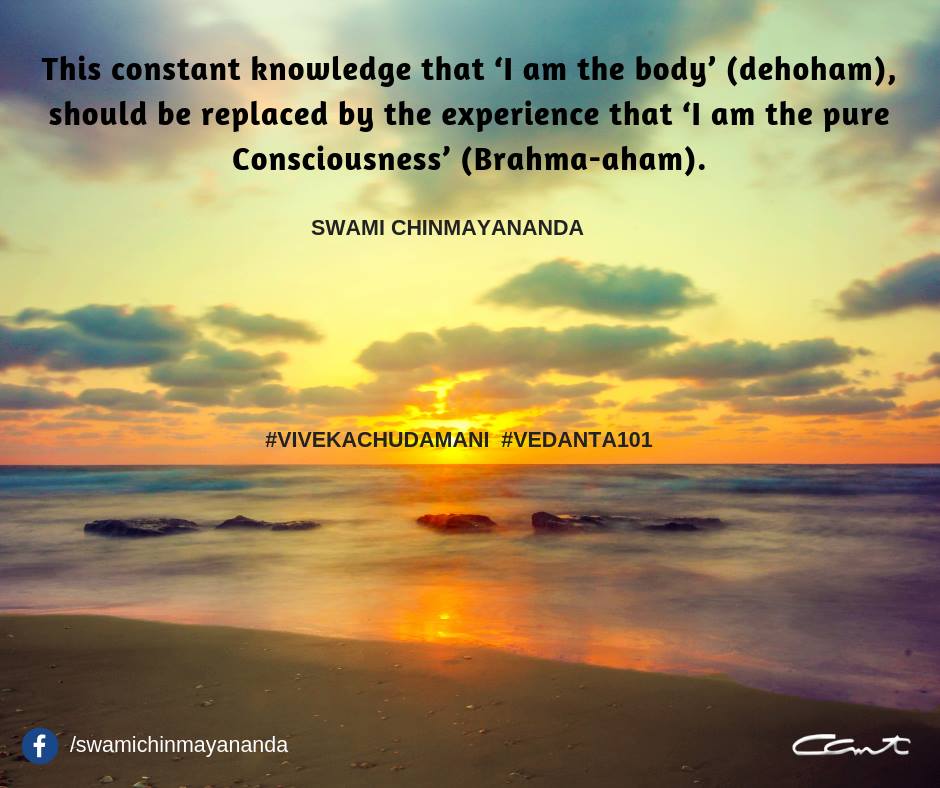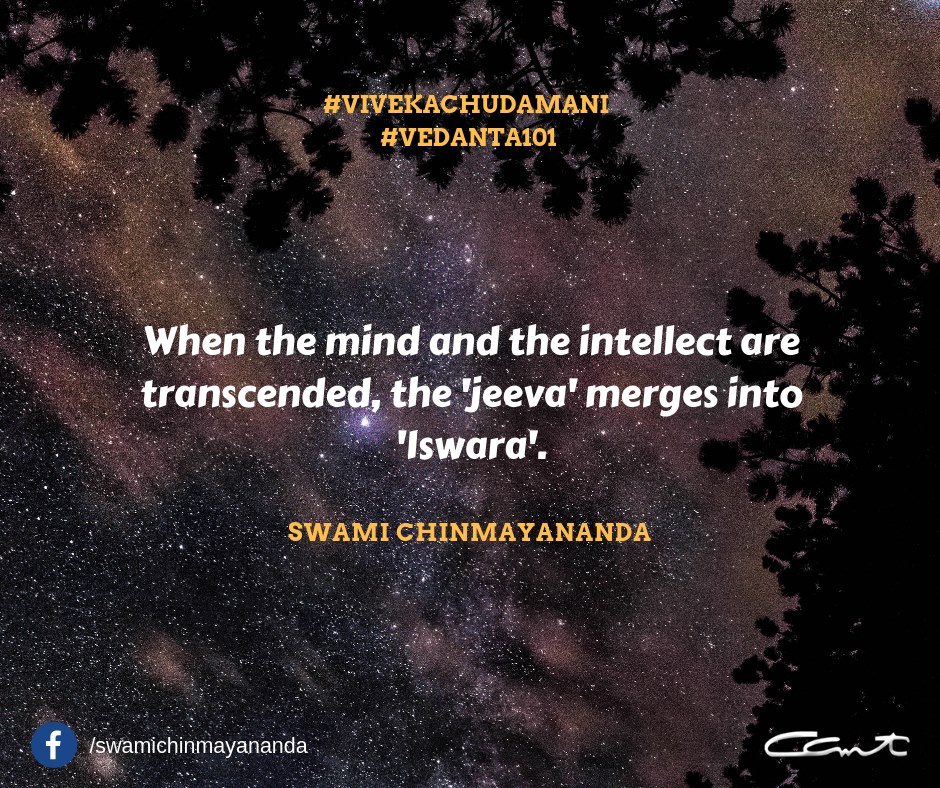The Call of Sri Krishna: The Gospel of Super Excellence - 1. Swami Krishnananda

01/05/2019 (Talk given on Janmashtami, Sri Krishna's birthday.) 1. One important lesson of our scriptures which we have overlooked is their call to a life of glory. There are many passages in the Vedas in which the Rishi prays for greatness. "O Lord, make me lustrous." "May I be the most glorious." "May the sun and the moon and the earth and the sea, and the sky and the heaven made by Thee, be always favourable to us for achieving greatness." The Bhagavadgita has a whole chapter – Vibhuti Yoga – in which Sri Krishna exalts the best or most outstanding specimen in each class of beings by identifying himself with it. For example, he says: "Among immovables I am the Himalaya; among rivers, the Ganga; among trees, the holy fig; among cows, the divine cow of plenty; among sages, Vyasa; among heavenly songsters, Chitraratha; among generals, Skanda; among rulers, Yama; among celestial sages, Narada; among warriors, Rama; among men, the King. I

